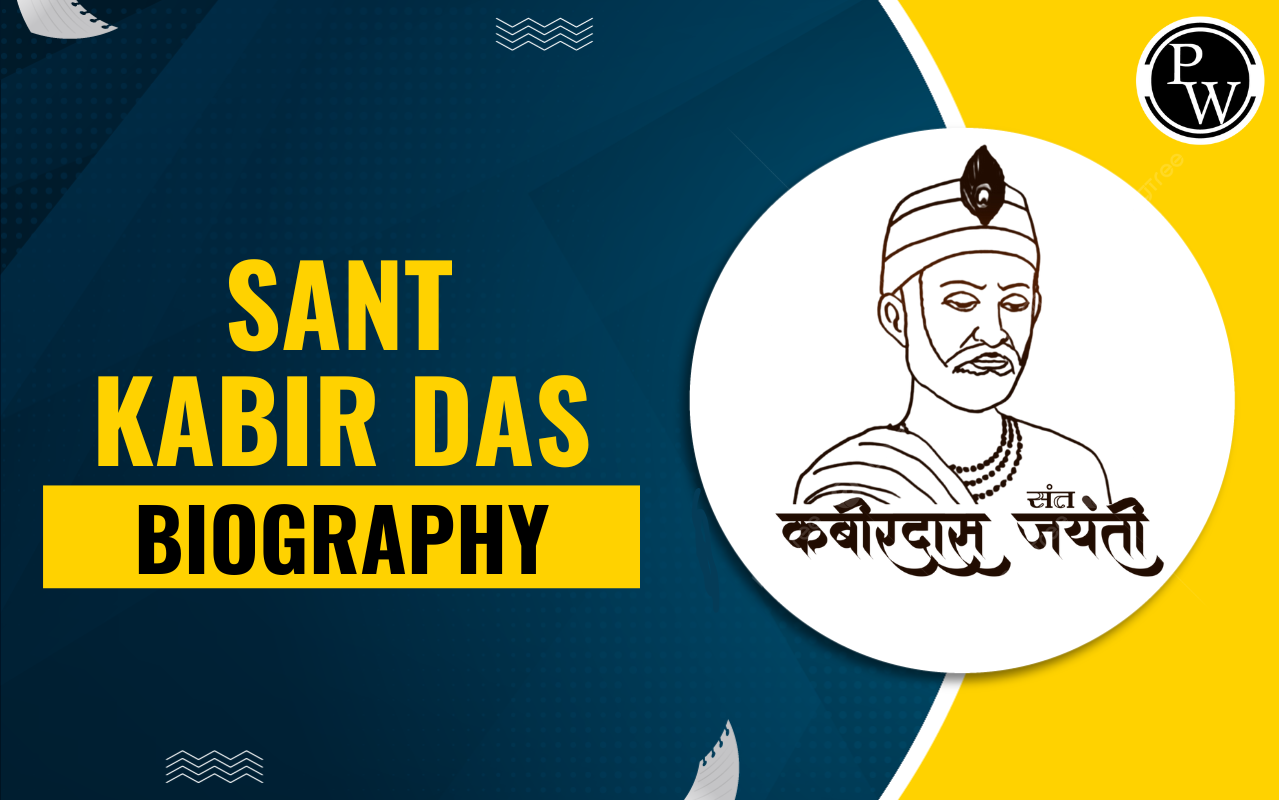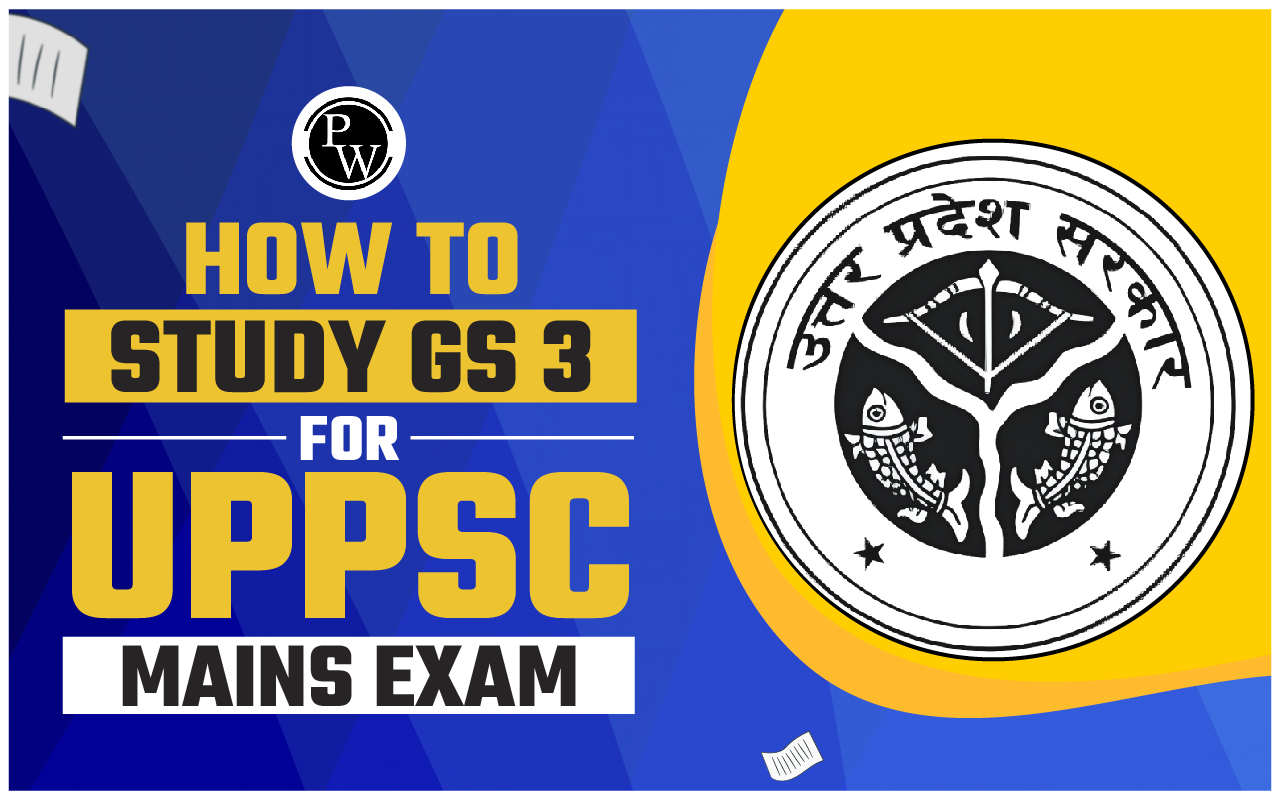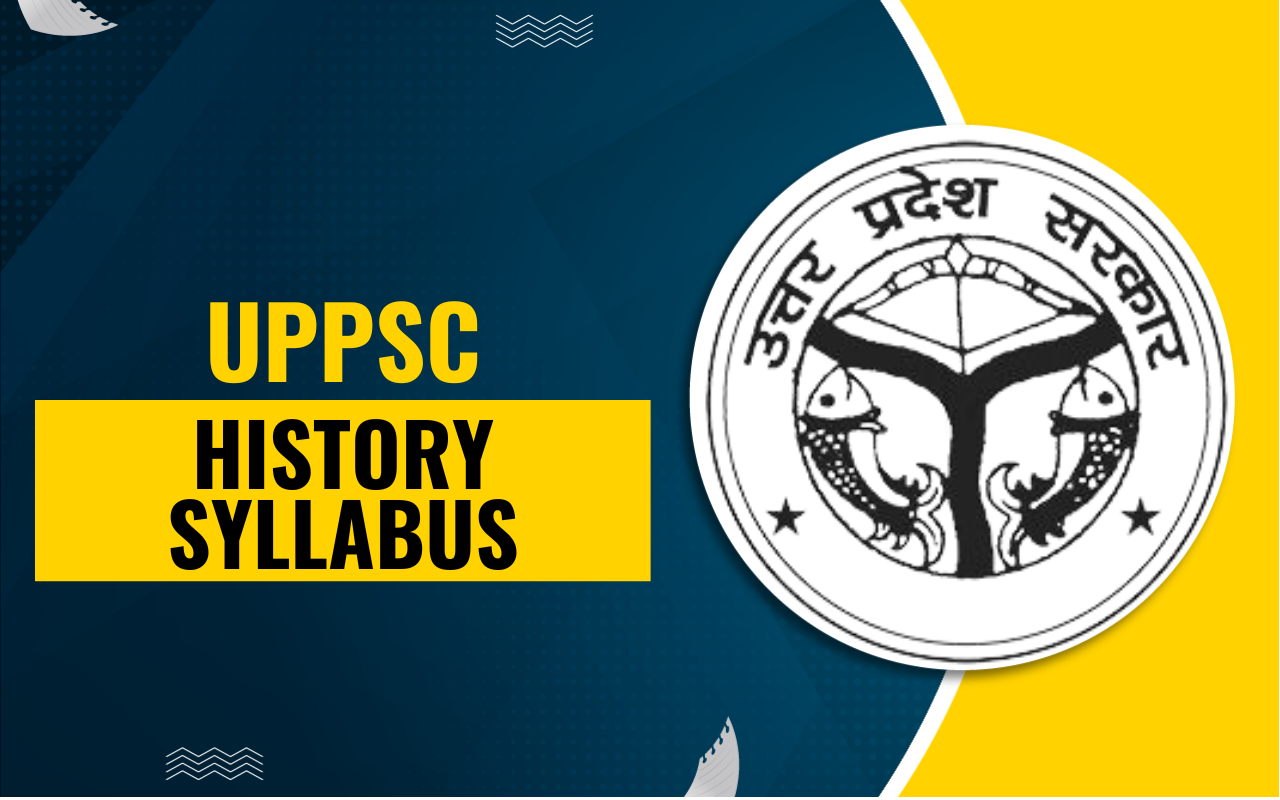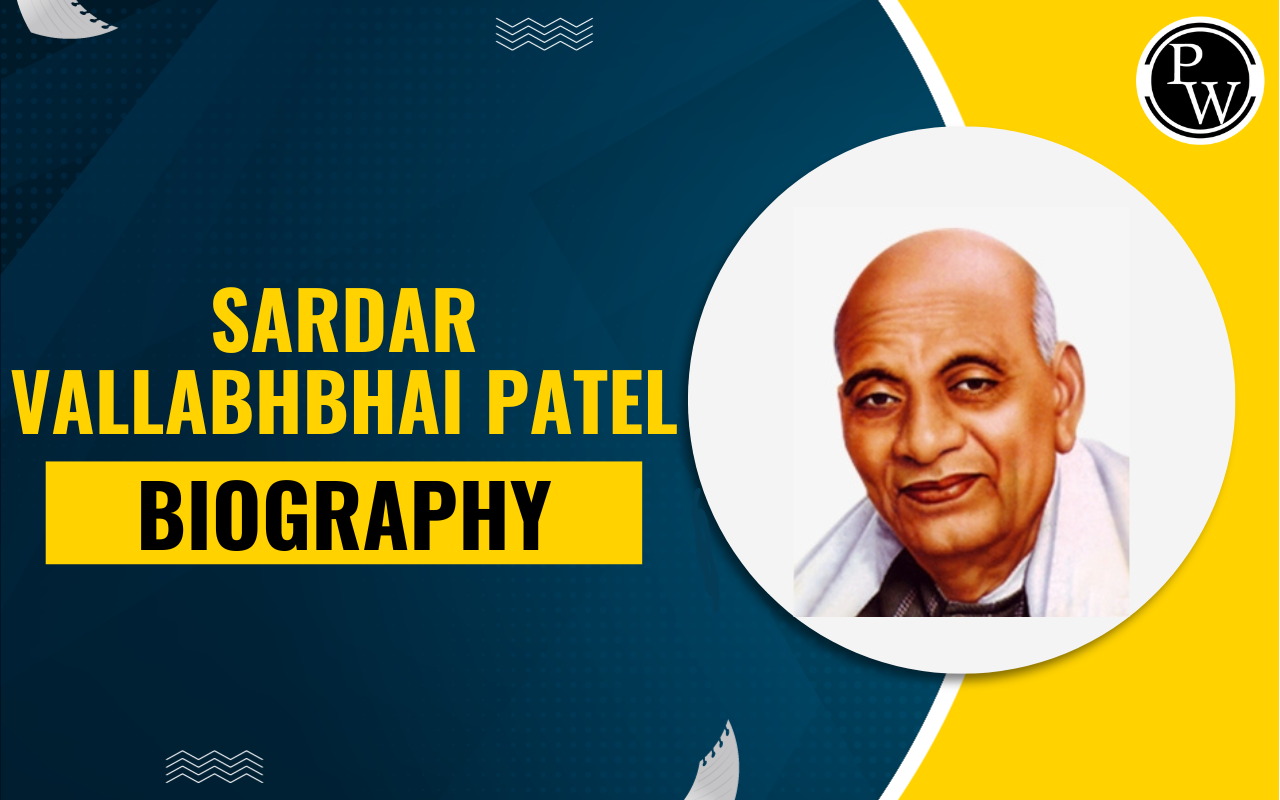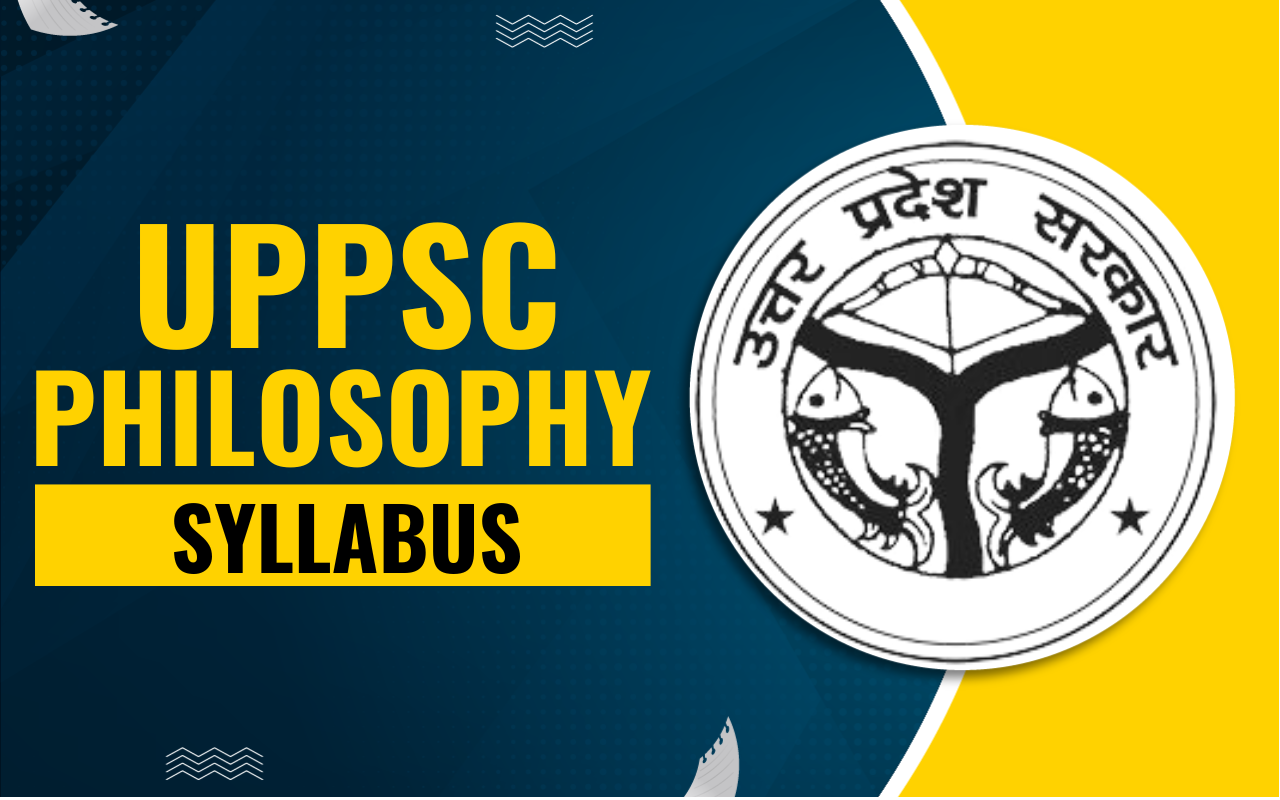
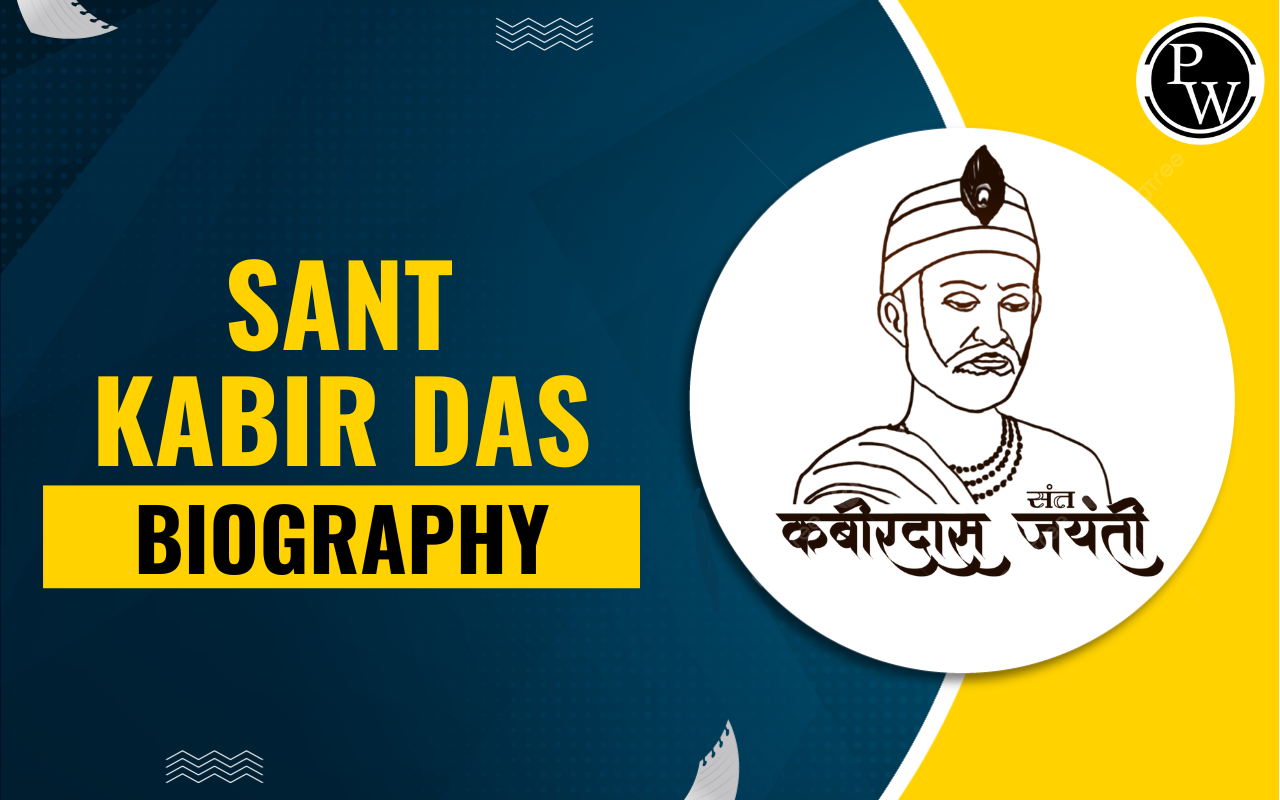
Sant Kabir Das Biography: Sant Kabir Das is one of the most respected saints and poets in India. His simple teachings and poems played a big role in the Bhakti movement. He taught people to love God truly, without following blind rituals. Kabir always said that God is one, no matter what religion you follow. His life and words brought Hindus and Muslims closer, and even today, people from all religions find inspiration in his message.
Sant Kabir Das Biography
Kabir Das was a great poet and saint who lived in the 15th century. He was born in Varanasi and brought up by a Muslim weaver family. He is famous for his short poems called 'dohas' that carry deep meanings. His teachings were not limited to any one religion – he spoke about love, kindness, and finding God within yourself. Kabir always believed in unity among people and rejected hate or division.
Also Read: Ramdhari Singh Dinkar Biography
Sant Kabir Das Biography Overview
Before delving into the details of his life, here is a concise overview of Sant Kabir Das’s biography:
|
Sant Kabir Das Biography Overview |
|
|
Aspect |
Details |
|
Full Name |
Sant Kabir Das / Kabir Saheb |
|
Birth |
1398 or 1440 CE (disputed), Varanasi (Kashi), Uttar Pradesh |
|
Parents |
Adopted by Muslim weavers Niru and Nima |
|
Early Life |
Raised in poverty, worked as a weaver |
|
Religion/Philosophy |
Advocated unity of God, beyond Hinduism and Islam |
|
Guru |
Swami Ramananda |
|
Language of Poetry |
Vernacular Hindi (including Awadhi, Braj, Bhojpuri) |
|
Major Works |
Dohe (couplets), Bāņīs (songs), verses in Guru Granth Sahib |
|
Death |
1518 CE (disputed), Maghar, Uttar Pradesh |
|
Legacy |
Influenced Bhakti movement, revered by Hindus, Muslims, Sikhs; founder of Kabir Panth |
Also read: Aryabhatta Biography
Early Life of Sant Kabir Das
Kabir Das was born in Varanasi in the early 15th century, around the year 1398 or 1440 CE, as per different sources. There is a famous story about his birth, people say he was found as a baby floating on a lotus leaf in a pond called Lahartara. A poor Muslim weaver couple, Niru and Nima, found him and raised him as their own child. Kabir’s real birth and parents are still a mystery, and many believe he had a divine or miraculous birth. This story shows that Kabir’s life was special from the beginning. He grew up in a simple and humble environment, which shaped his spiritual thinking later.
Education of Sant Kabir Das
Kabir Das never went to school and did not get any formal education. People even say he was almost illiterate. Still, he had deep knowledge about life and God, which showed in his beautiful poems. He learned everything by observing life and thinking deeply about spiritual matters. His wisdom came from experience, not from books or teachers.
Spiritual Journey of Sant Kabir Das
Kabir Das became a follower of the Bhakti saint Swami Ramananda in Varanasi. At first, Ramananda did not want to accept Kabir as a disciple because Kabir came from a low-caste family. But Kabir found a smart way to get his blessings, and Ramananda finally accepted him. Ramananda then became Kabir’s spiritual teacher. Kabir’s teachings also show signs of Sufi ideas, which means he also learned from Islamic saints and mixed both Hindu and Muslim thoughts in his message.
Also Read: Nanaji Deshmukh Biography
Philosophy and Teachings of Sant Kabir Das
Kabir Das believed that there is only one God for everyone, no matter what religion they follow. He taught that doing too many rituals or blindly following religious customs has no real meaning. What matters most is true love for God, honesty, and living a simple life. Kabir strongly opposed the caste system, idol worship, and strict religious rules.
He said that God lives in our hearts and can be found through inner devotion, not outside things. His poems were so powerful and meaningful that they are also included in the Sikh holy book, Guru Granth Sahib. This shows that his message was for all people, not just one religion.
Literary Contributions of Sant Kabir Das
Kabir’s poetry, composed in the vernacular, is noted for its simplicity, wit, and depth. His dohas (couplets) and songs, collectively called Bāņīs, address spiritual themes and social issues, making his teachings accessible to the masses. His works continue to inspire and guide people across religions and cultures.
Also Read: Jawaharlal Nehru Biography
Later Life and Death of Sant Kabir Das
Kabir spent his later years traveling and spreading his message. He died in Maghar, Uttar Pradesh, in 1518 CE (date disputed). After his death, both Hindus and Muslims claimed him, leading to the creation of both a temple and a mausoleum at his burial site in Maghar.
Legacy of Sant Kabir Das
Sant Kabir Das remains a towering figure in Indian spiritual and literary history. His teachings laid the foundation for the Kabir Panth and influenced the Bhakti and Sufi movements. He is revered by Hindus, Muslims, and Sikhs alike, and his verses are celebrated for their timeless wisdom and universal appeal.
If you are preparing for State PSC exams like UPPSC, BPSC, MPSC, OPSC, and MPPSC, you can choose Physics Wallah for online coaching, comprehensive study materials, and personalized support to boost your success in every stage of the exam.
Sant Kabir Das Biography FAQs
When and where was Sant Kabir Das born?
Who raised Kabir Das?
Did Kabir Das have any formal education?
Who was the spiritual guru of sant Kabir Das?
What was the main profession of sant Kabir Das?

